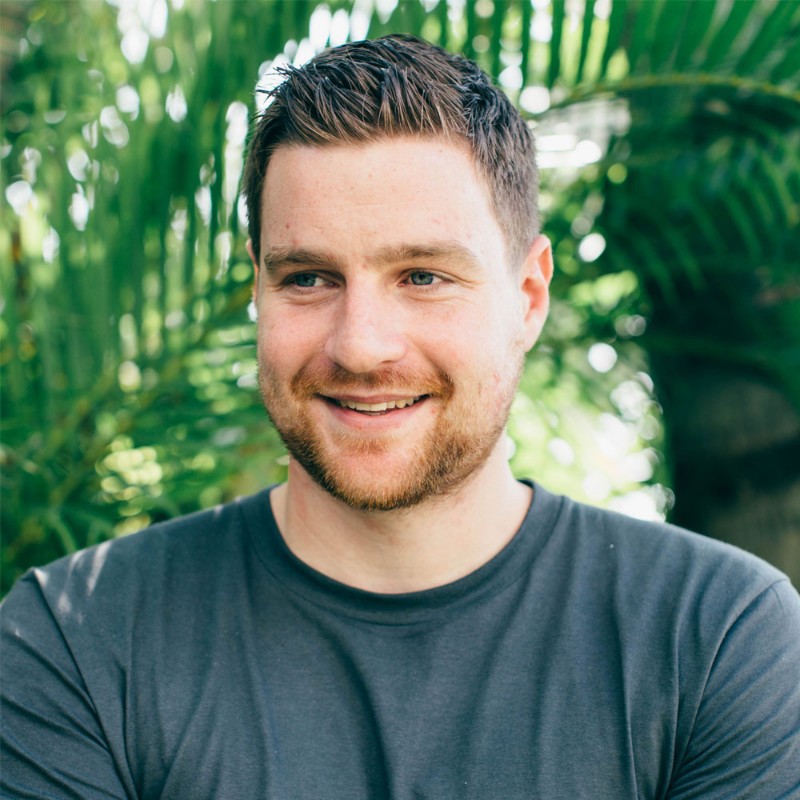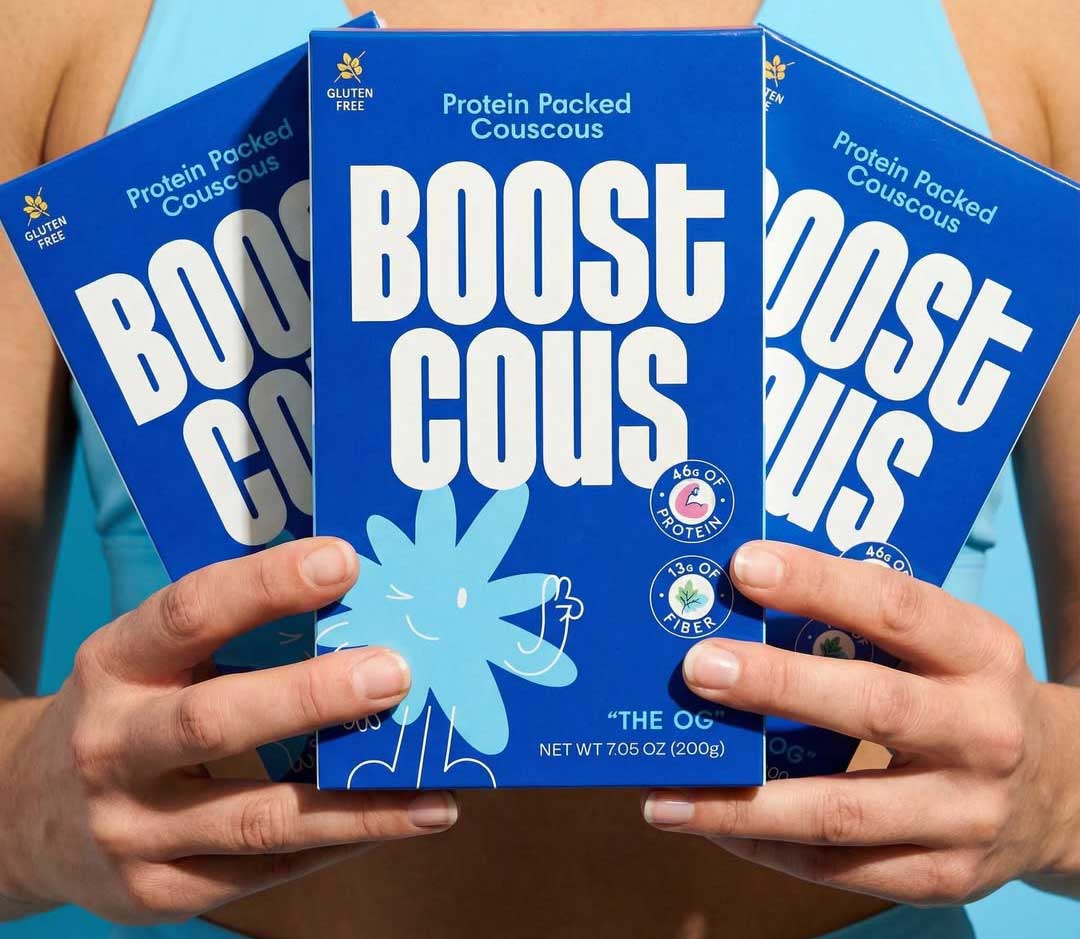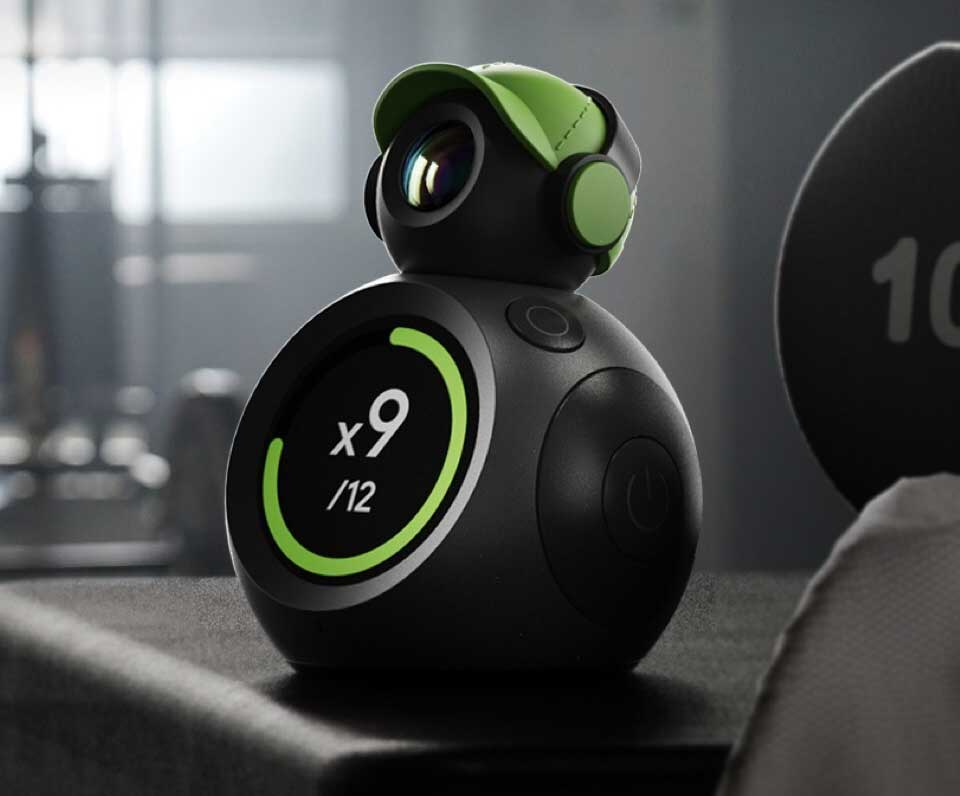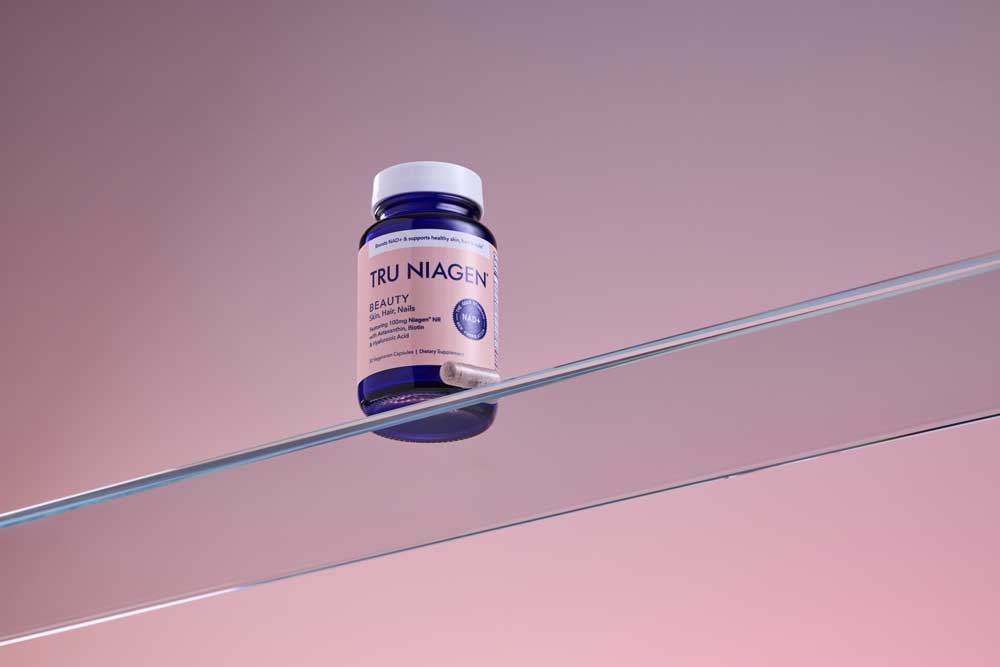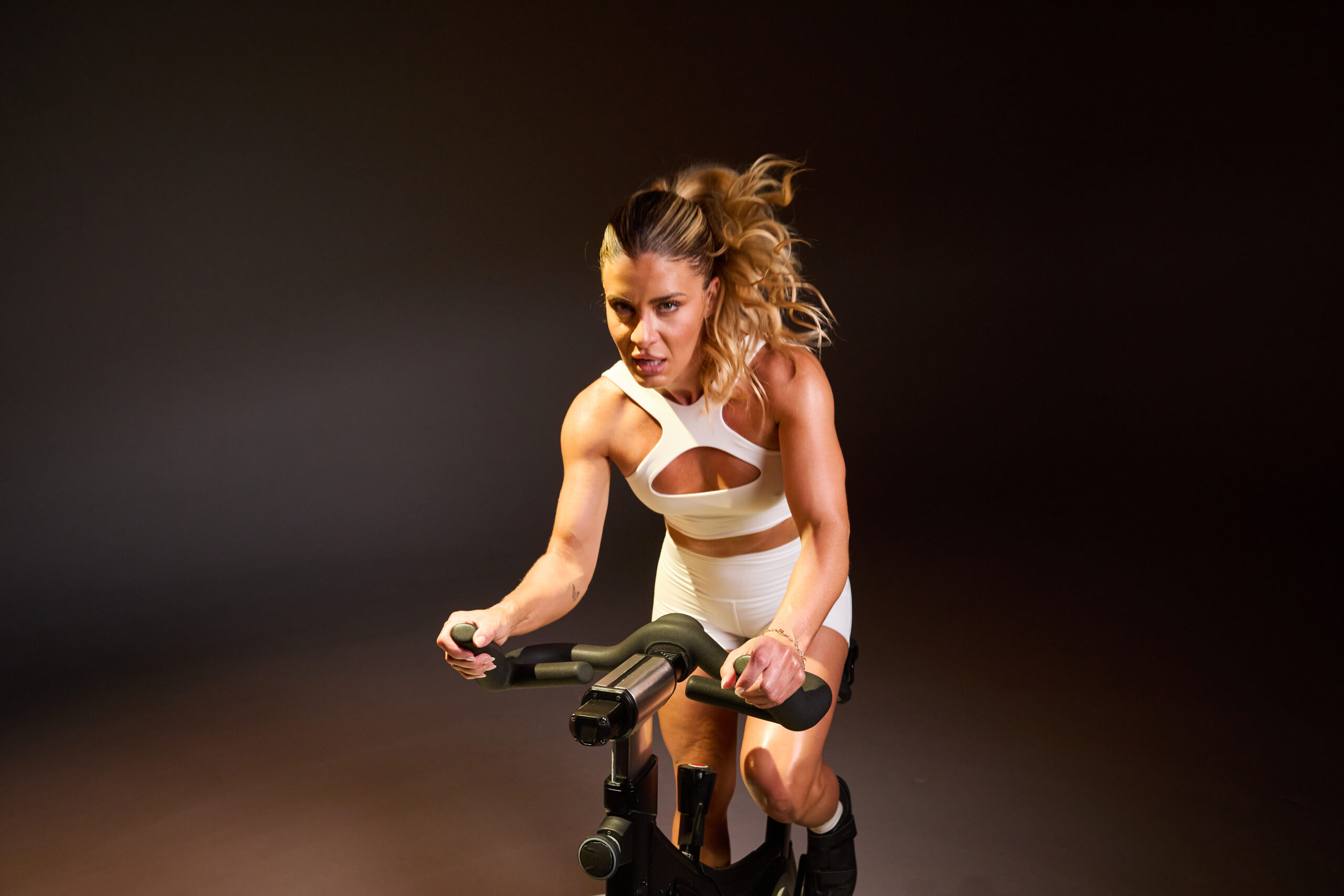FÔLD and Tonal move to address Pilates’ growing pains
FÔLD has unveiled what it calls the world’s first spring-assisted reformer, powered by its patented Easi-Fôld system. At the same time, Tonal is introducing reformer-inspired Pilates workouts through its connected strength platform, led by celebrated trainer Kristin McGee.
Both promise to bring studio-quality Pilates home — addressing an industry where single classes can run $50 or more. But making Pilates accessible isn’t just about price or convenience.
The accessibility challenge
TikTok has turned reformer classes into the ultimate wellness flex. Search #pilates on TikTok and you’ll find over two million posts of synchronized movements, sleek studios, and luxury-looking group classes.
But outside of the social media bubble, Pilates faces two main barriers: cost and culture.
The cost barrier is obvious. High-end studios charge premium prices for small-group classes and expert instruction. Whereas at-home reformers can cost $5k+, pricing out a huge segment of consumers.
The cultural barrier is less visible but just as real. The dominant Pilates aesthetic, though aspirational, can feel exclusive. FÔLD calls this the “beige space,” or a uniform, filtered version of Pilates that doesn’t reflect the diversity of who practices or could benefit from it.
“When you’re not a stereotypical Pilates princess, the space can feel intimidating,” says community member Shomi. “It’s only for a certain type of person.”
“Classes were mostly female spaces, and as a Black guy, I felt I stood out,” adds Liam, another FÔLD community member. “There’s still a stigma around men doing Pilates.”
By spotlighting real users, FÔLD is deliberately widening the frame of what a Pilates body — and Pilates culture — can look like.
FÔLD’s mechanical fix
The UK-based brand’s new Easi-Fôld reformer solves one of the biggest obstacles for home users: space. The spring-assisted frame locks upright for storage and features premium wood finishes so it blends into the home environment.
Starting at £1,999.99 (around $2,700 USD at the time of writing) plus app subscription, it’s among the more affordable reformers on the market.
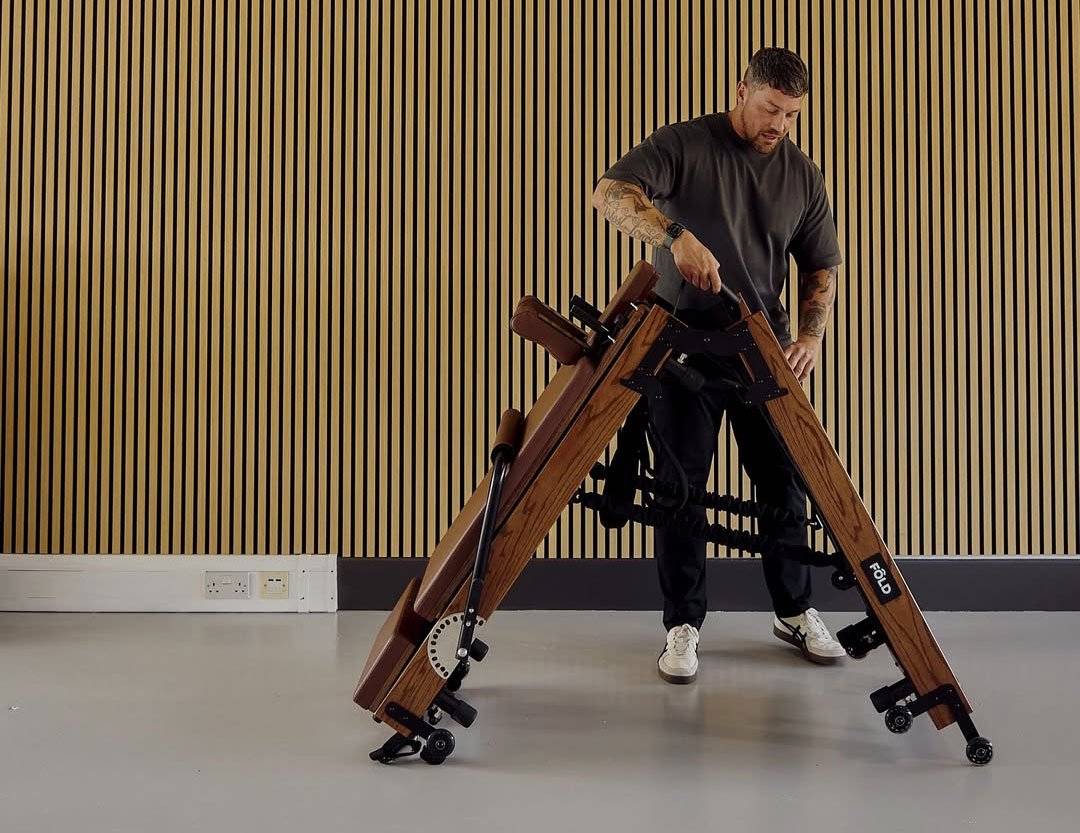
FÔLD’s Easi-Fôld Reformer.
“We saw an opportunity to introduce a reformer Pilates bed that fits seamlessly into your home,” says founder Matt Harras. “Helping people balance work, family, and fitness without sacrificing space.”
Tonal’s take on Pilates
Tonal, best known for its digital training system, is approaching accessibility from a slightly different angle. Instead of building a reformer, Tonal added Pilates-inspired workouts to its existing platform and debuted new $100 Pilates Loops to help users get the most from its workouts.
The system uses its adjustable arms and digital resistance to simulate the feel of reformer springs, adapting resistance as users move.
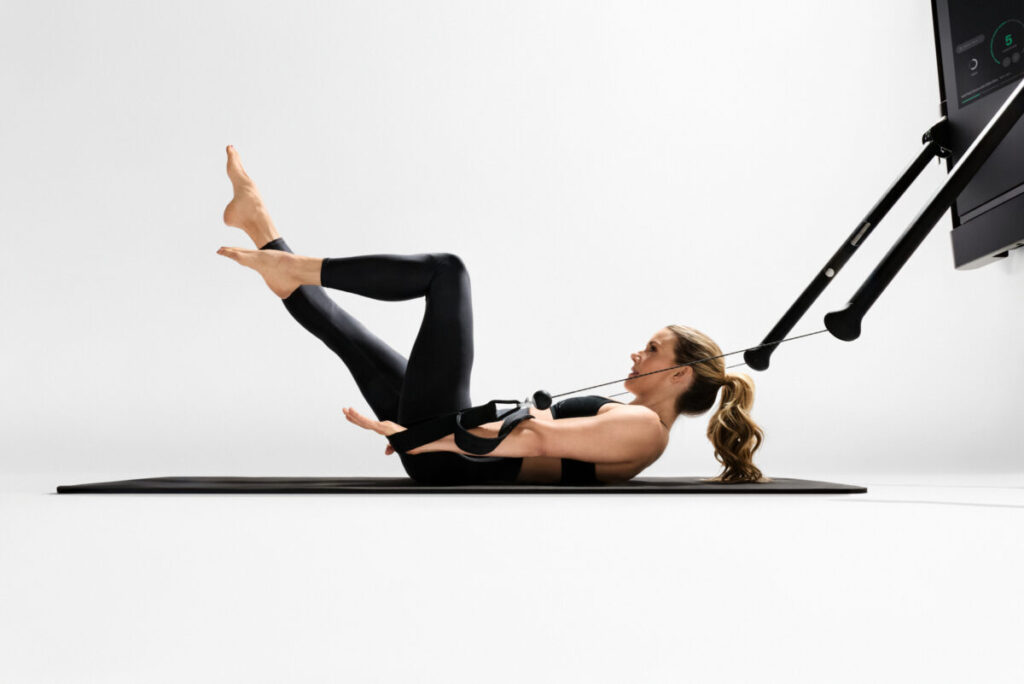
Tonal’s new Pilates Loops in action.
McGee says the new workouts are designed to remove friction: “Reformer Pilates can be intimidating, and it can be difficult to find a class that fits your schedule. We wanted to make it more approachable.”
Tonal’s new campaign, Progress Beats Perfection, leans into that idea — showing the wobbles and learning curves that real beginners face.
The big picture
Pilates’ popularity keeps climbing, but the path in still feels narrow. Home-based solutions like FÔLD and Tonal offer an alternative: private, convenient, and more adaptable to real life. Yet they also remove the studio community that makes Pilates transformative for many.
The question isn’t whether Pilates is still popular; it’s how accessible it can become. The barrier to entry may be lower, but for most people, it hasn’t disappeared.

 Published on Oct 20, 2025 by
Published on Oct 20, 2025 by 